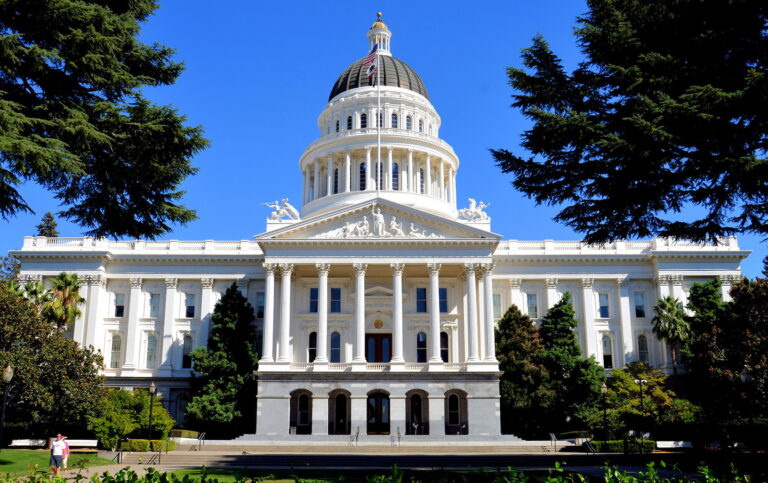Many Questions Still Unresolved
Feb. 4, 2013 – Although the final rule to implement the Sunshine provisions of the Affordable Care Act clarified several areas in question in the proposed rule, unresolved issues remain and the burden placed on industry to keep records and report on funds provided to physicians and teaching hospitals is significant, according to John Kamp, Executive Director, Coalition for Healthcare Communication.
The Sunshine final rule states that manufacturers must start collecting required data on Aug. 1 of this year and report it to the Centers for Medicare & Medicaid Services (CMS) by March 31, 2014.
“There are plusses and minuses to the final rule,” Kamp said. “It ends the uncertainty we’ve lived under since the proposed rule was issued in December 2011 and removes some of the meaningless requirements to report every bagel and cup of coffee offered at general meetings, but it also states that many routine products and services provided to physicians as part of reasonable and beneficial collaborative relationships are reportable,” he noted.
In the “pro” column for the final rule, which was released by the U.S. Department of Health & Human Services (HHS) on Feb. 1 and will be published Feb. 8 in the Federal Register, Kamp lists the following:
- Manyrules are explicit, clear, understandable, standardized, and actionable.
- The national Website reports will contain a section where clients can explain the purpose and context of the payments, thus enabling the public to understand their value.
- Clients and doctors have new, clear systems for reporting, reviewing and resolving disputes before the reports are public.
- Certified continuing medical education (CME) that follows national accreditation rules explicitly is exempted both for speaker fees and the value of attendance.
- The value of mass media supported by advertisers appears to be exempt.
- New meal reporting rules exempt coffee, snacks and buffets at widely attended events.
However, there are a corresponding number of items in the “con” column:
- The system is extremely burdensome to administer. (CMS conservatively estimates that it will cost $269 million the first year and $180 million per year thereafter.)
- Many politicians, reporters and others still are likely to consider every payment indicia of a conflict of interest and will criticize industry and doctors for simply collaborating.
- The rules appear to require reporting of all promotional education, even mandated education under REMS.
- Indirect payments by agencies and publishers to known physician recipients all must be reported.
- The value of all formal meals and entertainment at educational and other unpaid events offered to identifiable doctors must be reported.
- Disputes between doctors and clients must be resolved in a very short time span or they will be reported on the registry as unresolved.
It is the government’s position that while it understands that industry/provider collaboration “contributes to the design and delivery of life-saving drugs and devices … payments from manufacturers to physicians and teaching hospitals can also introduce conflicts of interest that may influence research, education, and clinical decision-making in ways that compromise clinical integrity and patient care, and may lead to increased health care costs,” the rule’s executive summary notes.
However, even though the rule states that “financial ties alone do not signify an inappropriate relationship,” industry has reason to be concerned that these ties will be viewed negatively, Kamp explained.
“With these rules in place, the press and some politicians must stop treating reported payments as indicators of some sort of scandal,” he said. “Collaboration between industry, physicians and academicians has led
to great medical breakthroughs in the past, so driving a wedge between these parties will hurt, not help patients. Transparency is good, but it must be clear to the public that a physician who collaborates with industry is not doing anything wrong.”
CMS will be accepting public comment on the final rule for 45 days.



